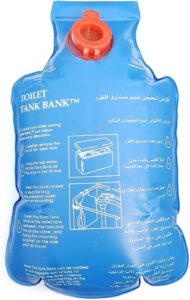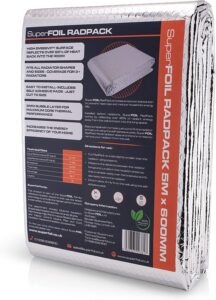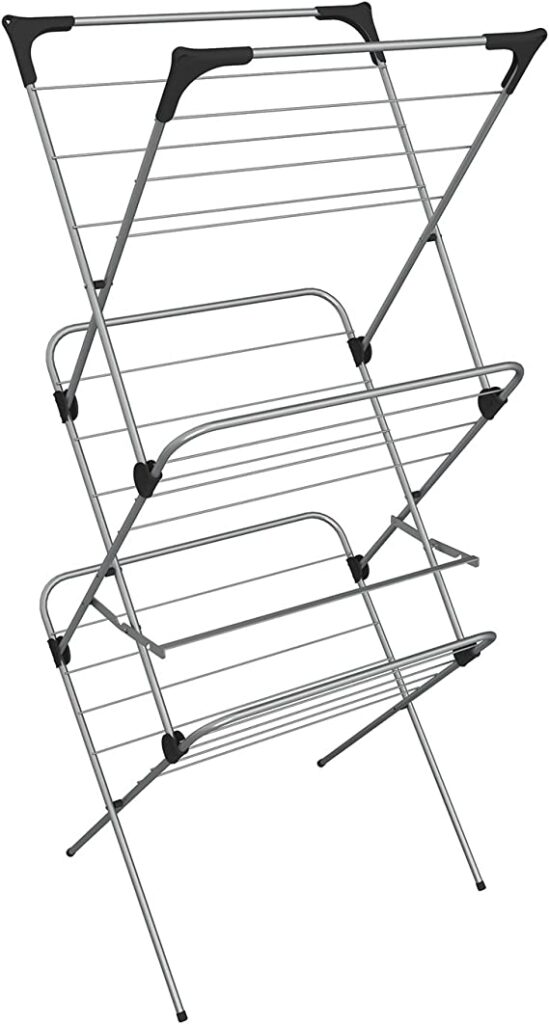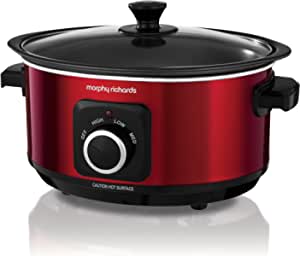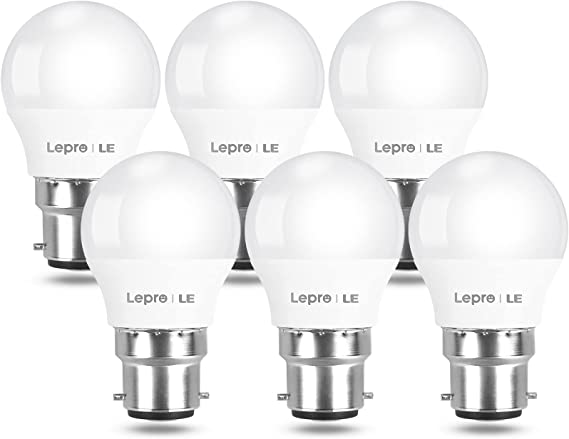Energy and water saving tips have never been more important. With the energy bills rising, as well as the cost of living, we could all use some money saving tips to ease the pain. This guide shows you some little things we could all do around the home to reduce our usage of electricity, gas and water and help the environment in the process. Many of these are really quick and easy, or just require a slight alteration to what you are currently doing. Once you get into the habit, they will become second nature.
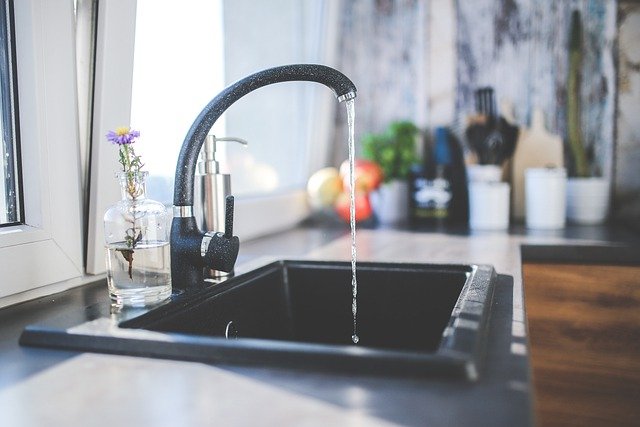
Reduce your Shower Time
We all know that taking a shower over a bath saves water, and is more ecologically friendly. On average, a bath consumes 80 litres of water, water that has to be heated. So, you not only use more water than you need, but you also use a lot of gas or electricity to heat in the process.
But, unknown to many, the average shower length of 8-10 minutes can use up 62-68 litres in itself. Yes it’s a saving, but not by much. Using a power shower for a daily 8-10 minute wash could cost the average family, unnecessarily, hundreds of pounds over a year.
Recent studies on water and energy usage recommend reducing that time down to 4 minutes, halving the time and halving the costs. It’s a case of getting in there and getting it done, but could help to save a small fortune a year and a habit well worth a look. One way to help is to get yourself a shower timer, a cheap product that will soon pay for itself.
Reducing Flushing Waste
Sadly, we use so much water flushing the toilet each day. This not only wastes water, but wastes clean, purified drinking-quality water. Adding a duel flush system is a great option for reducing the water on liquid flushes, but for many, this can be an expensive and time consuming option.
One cheap way to save water is to use a water displacement bag that reduces the water storage size in the cistern. This saves on average 1-2 litres of water per flush! They are cheap and easy to install in minutes, without any need for tools or a plumber. One popular option is the Hippo bags. They have been around for decades and with a one off cost that’s less than the price of a cup of coffee.
Optimise Radiator Efficiency
If you radiator is near a window, get into the habit of tucking your longer curtains behind them, or reduce the length of curtains to suit. Floor length curtains in front of a radiator stops the heat from circulating efficiently around your room, holding the heat against the windows rather than where you want it.
On top of this, the thermostat is trying to heat the room to a temperature that is harder to reach behind the insulation of a curtain. This uses more fuel, and cost more money. When purchasing new curtains, consider the length in relation to radiators at the purchase point. Shorter curtains, can mean cheaper purchases prices.
Another quick option are radiator reflectors. These bounce some heat back into the room, rather than unnecessarily cooking the wall behind it, making the most of that hard earned heat and another simple one off purchase.
Turn off Taps to Save Water and Energy
We are all guilty of leaving taps running while brushing our teeth or applying face scrubs. But, this habit could be costing you hundreds of litres a month in water usage, and energy costs in respect of warm water usage. This is one habit you could start today. No outlay, just a conscious decision that will quickly become a habit and save you money on water bills.
Laundry Savings
Washing our clothes can be a very heavy water and energy consuming chore. A few tweaks can see you saving hundreds of pounds. We have all been guilty of washing a few items because we need them urgently, but by avoiding that habit we will save using the power hungry machine. It also means less wear and tear on a machine that is known to be one of the least reliable appliances in the home, a win win for savings!
Reduce the temperatures of the washing machine where possible helps massively, and many washing powders or tablets these days are designed for the lower temperatures. Another tip is to pre-soak your items beforehand, loosening dirt before putting in the machine. This allows a shorter wash time and huge savings in the process.
When it comes to appliances in the home that consume a lot of power, the tumble dryer is right up there for huge costs in electricity. The best alternative is to air dry, whether that is on a washing line on a dry day or a clothes airer on the wet. By doing so, you will be drying your clothes without using any power and ultimately saving you good sums of money.
Choose your Cooking Method Wisely
When it comes to savings on cooking, not all appliances are equal when it comes to energy usage. Microwaves, on average, use half the electricity of ovens. With ovens, you are heating the whole oven space (and oven surrounding itself) rather than just the food that a microwave method offers.
Another option is the slow cooker. While it seems more costly to run a slow cooker over 8 hours, it is actually much more energy efficient than an oven and much cheaper to run.
When it comes to ovens, reduce the door opening times to a minimum. With each opening, you get approximately a 25 degree of loss of heat, costing you money to get that temperature back up.
Planning ahead with defrosting naturally will save on microwave energy usage too, and something we are all guilty of at times.
Tenderise your Meat
When cooking tough meat, try the older method of tenderising with a meat mallet to break down those interior fibres on meats like skirt or flanks steaks. This reduces longer cooking times, and it also helps to lock in more flavours and juices in the process.
Another method is to use the slow cooker mentioned above. This uses the longer cook times to tenderise, but with a more efficient system than a pan or oven.
Finally, adding enzymes in the form of a marinade will to help tenderise and cook meat. Using lemon, lime or apple cider vinegar to your marinade, and allowing to sit for half an hour, will do the work of that extra cooking without the extra energy costs.
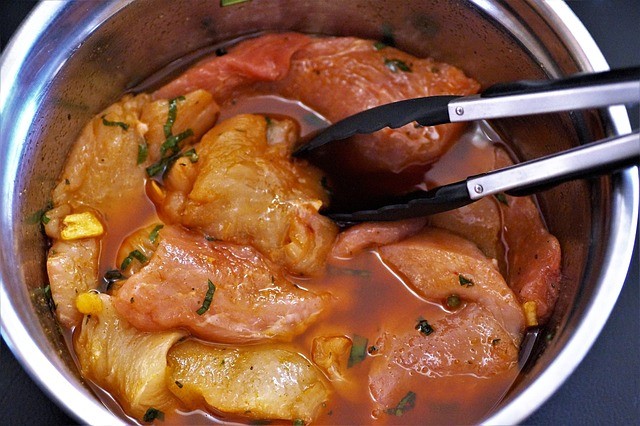
Bulk Cook Meals
Being prepared by bulk cooking and freezing meals means one cook, but multiple meals. It also means you can be ahead of the game when you need a quicker meal, without having to resort to starting from scratch. This saves you on gas and electricity, and reduces the temptation to grab for the takeaway menu after a busy day.
Switch to LED Bulbs
Many of us have switched from older incandescent bulbs to energy saving CFL (compact fluorescent lamps) types to save energy, but in recent years the rise of LED bulbs have reduced energy levels even lower. The older energy efficient bulbs are 25% more efficient than old style incandescent bulbs, but the LED’s take that efficiency to 75% on average. Another benefit is that LED’s don’t have the harmful chemicals like Mercury and Phosphor of CFL’s.
The cost saving doesn’t end there. LED bulbs last longer too, averaging 25000 hours over the CFL types 8000 or the Incandescence’s paltry 1200.
Another tip is to regularly dust your lights, a dusty light will produce less light, potentially causing you to switch on a lamp or other extra light source unnecessarily.
Unplug or Switch Off Unused Items
Having an item like a fully charged mobile or laptop still plugged in uses energy that can soon add up. A quick switch off at the wall is an easy habit to get into, saving pennies but also saving the wear and tear on the chargers themselves. This extends their lives and saves money on the cost of a replacement.
Don’t forget the stand-by feature either. It may be small amounts of electricity consumed, but it costs nothing to switch off at the wall. it’s a habit that’s definitely worth getting used to for your wallet’s sake.
Cook Smarter
Leaving the lid on your cooking will help speed up the cooking time by helping to retain heat in the pot. Letting the water to evaporate without a lid means, adding more water which takes time and energy to heat back up, extending cooking time and costing you in gas or electricity.
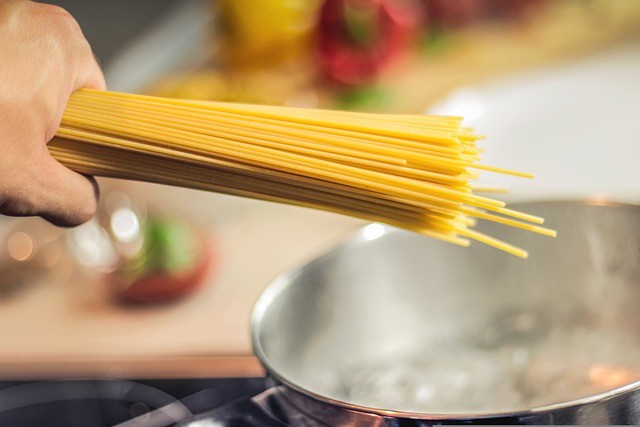
Soaking grains like rice and barley, or legumes such as beans, will save money by speeding up the cooking time. Soaking will soften the items before the heat has been applied, saving you on gas or electricity.
On the other end of the cooking process, half boiling your rice or pasta, draining and leaving on the the hob with the heat off can reduce your cooking time by a short amount. The same goes for ovens too. Turn the oven off 10 minutes early and keep the food cooking with the residual oven heat, and you will get energy saving results. Don’t forget that par-boiling your roast potatoes will help save energy and reduce cooking time too.
Don’t Overfill the Kettle
A report was conducted by the Energy Saving Trust showing in Britain we wasted £68 million a year, just from overfilling our kettles. By reducing the level to just what you need, you could save costs on those regular teas and coffees throughout the day.
One popular method is filling the required mugs worth of water into the kettle before switching on, but regular fill ups will help you find the level that’s just right, to save on average £11 a year on our cuppas alone.
They Key to Saving Water and Energy in the Home
There are many ways to be eco-friendly on a budget. With a little thinking and planning ahead, we can all reduce our energy and water costs with minimal outlay. Keeping up a few regular habits could make all the difference.
Another thing to consider is new home appliance purchases. Get into the habit of looking at the efficiency numbers or asking yourself, can you get away with a slightly smaller TV or toaster, and the savings will soon add up. The old saying of ‘look after the pennies and the pounds will look after themselves’ is never more true than with energy usage.


